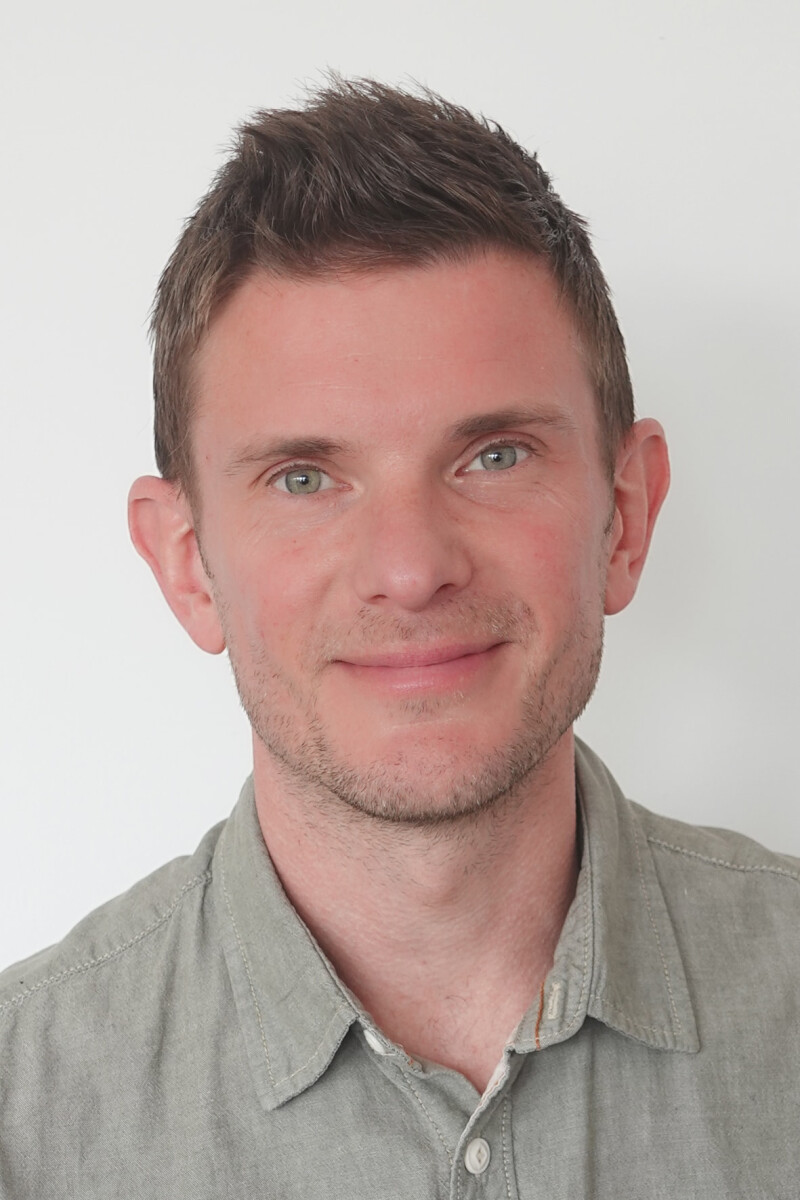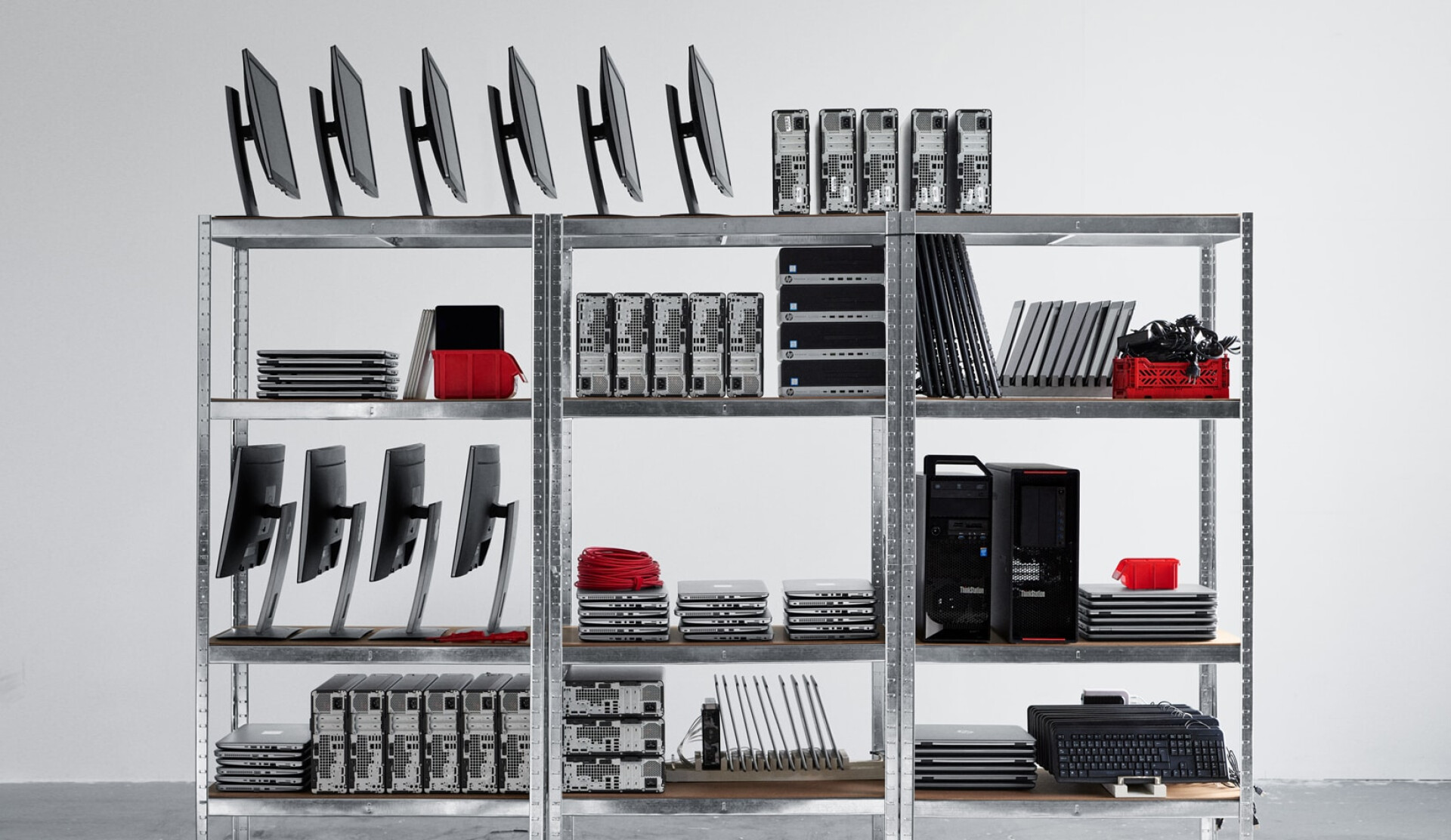Kalmar municipality has had high ambitions in the climate and environmental field for long, including being a fossil fuel-free and climate-neutral municipality by 2030. By service-orienting the management of IT products, the municipality has managed to reduce carbon dioxide emissions by 360 tonnes in nine years. This is the result of an elaborate process of renting, reusing and circulating computers.
Already in 2012, the municipality started to service the delivery of IT products and created the concept of computers as a service. This means that computers and other IT equipment are purchased centrally and then rented out to businesses. There is a general decision on the computer's period of use, which is linked to support needs, costs and reliability. When the computers' time of use has been reached, they are sent to Inrego for further management, redistribution and reuse. The result is good IT practices, better control of finances and security, simplicity for the user and reduced carbon footprint.
- The public sector must lead the way and be the ones to lead the way," says Elvira Laneborg, environmental developer at Kalmar municipality. It is important that we, as a municipality, set social and environmental requirements in our procurements so that we move away from linear flows and create more circularity and sustainability.By ensuring that the products are reused together with Inrego, Kalmar municipality has contributed to a climate saving of over 360 tonnes of carbon dioxide. This is equivalent to the energy needed to run 34,664 refrigerators for a year or drive 52 times around the world by car.
- It's a powerful tool that we have gained by using Inrego's services," says Clas Rosengren, IT economist. Lifecycle management has so many values, you get to keep track of the information, the economy and the deliveries.The reuse of IT products is strongly linked to the security piece and that you get to keep track of where the information goes. Secure management of information was a major reason for the introduction of computer as a service in Kalmar municipality. Since the beginning of the year, the municipality has also had a similar process for telephone as a service, and this will give it the same control over the management of its telephones and the information they contain.
- We minimise the risk of data being leaked to unauthorised parties by keeping track of the products and systematically clearing them at Inrego shortly after the period of use has expired," says Anna Stålbrand Sundh, IT Manager. Kalmar Municipality is continuously working to increase circularity within its areas of activity and is working to incorporate it into all processes and activities. Environmental coordinators from the municipality's eight administrations meet regularly in an environmental network to exchange knowledge and run various projects linked to climate and sustainability.
- We help each other in big and small issues and in this way keep the environment high on the agenda in the municipality's activities, right now we are focusing on user-friendly recycling, reducing disposable products and encouraging employees to make sustainable travel choices, says Cecilia Ahlgren, quality and environmental coordinator.Procurement is an issue that affects all parts of a municipality. The municipality's procurement policy supports the work and circularity issues are becoming increasingly important. Procurement of services rather than products is one way, but there are others.
- We try to think about the chain, from design to use and dismantling. Working with circular flows can involve requirements for certain characteristics, such as the proportion of renewable or reused raw materials, how the product can be updated, how it is packaged, transport and how it is managed after its useful life - an exciting learning process," concludes Elvira Laneborg.
Kalmar municipality's top tips for a municipality that wants to become more circular:
Political support is important. Ensure that circular goals and ambitions are anchored in policy through, for example, procurement policies and guidelines. Map and automate material and product flows. Use digital support systems to keep track of when it is time to replace a product, order a new one and ensure that the old one is reused. Service IT products. Secure what the business needs as a service rather than a product - this encourages good quality and prevents 'wear and tear' thinking.


